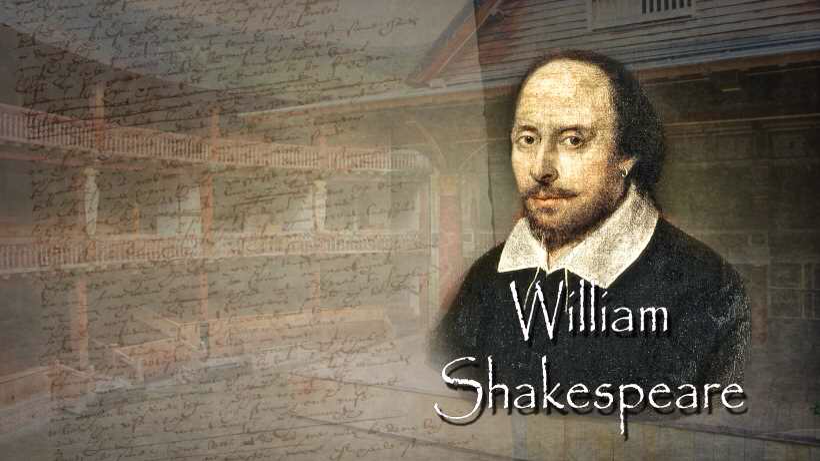'Shakespeare is about passion, emotion, feelings etc; and once the actor starts rationalising or thinking it, it becomes an intellectual masturbation.
Which might be enjoyable to do at home but, please, do not do it in front of others.
It's most distasteful.'
Before I had the pleasure of working with Colin, I had attended a wonderful course on 'Playing Shakespeare' at the Royal Central School of Speech and Drama. While there, the question came up about the delivery of that most famous line: "To be, or not to be, that is the question."
My 'instinctive' thought was to break the line three times, as Hamlet is clearly thinking very deeply about the meaning of his life. My Tutor however, was having none of it, taking the view that Shakespeare did not write as: 'think, and then speak', but rather: 'think out loud'. I understood what he meant. And I understand what Colin means when he says, (frequently!), "let Shakespeare play you".
When I started my dramatic adventure I quickly became interested in 'Method Acting', but was instinctively drawn towards the 'Meisner Technique' which I have found to be incredibly real and alive, occasionally traumatic, and sometimes even abusive. However, whilst driven very much by passions and emotions, I am still very much a thinking creature. Cogito Ergo Sum.
I am now thinking of undertaking some formal training in the 'Method', since this approach seems to go much deeper into the forces that are actually driving the character. What is s/he thinking? Consciously and subconsciously? Some argue that the character is in the text, that the Actor creates a series of illusions which the audience assemble, individually, to create the character in their own mind. But I increasingly wonder if an Actor can create those illusions truthfully without knowing who their character is? I'm not sure that we can divorce the 'passion, emotion and feelings' from the thought process. The character who says:
"And therefore, since I cannot prove a lover
To entertain these fair well-spoken days,
I am determined to prove a villain
And hate the idle pleasures of these days."
Is clearly driven by his passions; but has also thought very deeply about the "plots he has laid"...
OK. I'm confused now. I shall have to ask Colin!
Which reminds me, if you want to get to grips with the Bard, be sure to check out www.shakespeareworkshops.co.uk and book yourself onto one of Colin's fabulous workshops. You will struggle to find anyone who knows Shakespeare, and how to act his plays, better...


 RSS Feed
RSS Feed